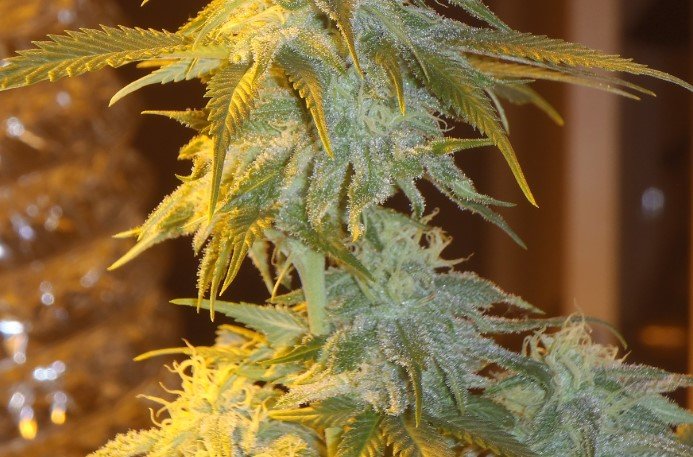Canadian cannabis producer Aurora has made its first major move in Germany’s expanding medical marijuana sector, delivering its inaugural batch of cannabis flower in the country. The shipment, featuring the high-THC strain Island Sweet Skunk, is part of the company’s IndiMed brand and marks a key milestone in Germany’s evolving cannabis landscape.
A New Chapter for Medical Cannabis in Germany
Aurora’s entry into Germany’s medical cannabis market is a big step forward, especially after the country took steps earlier this year to ease cannabis restrictions. The company’s European Union-Good Manufacturing Practice (GMP)-certified facility in Leuna, Germany, is now among just three authorized to cultivate cannabis domestically.
Michael Simon, President of Aurora Europe, highlighted the importance of this launch, emphasizing the company’s commitment to supporting German patients with high-quality medical cannabis. “Aurora is proud to deliver to the rapidly growing German market our first domestically produced medical cannabis product,” he said in a statement.
This development also reflects Germany’s increasing demand for medical cannabis. While imports have dominated the market so far, local cultivation is now becoming a more significant part of the supply chain, ensuring a more stable and reliable flow of products.

Germany’s Medical Cannabis Market Attracts Canadian Players
Aurora is not the only Canadian company making moves in Germany. The market has been seeing a steady influx of North American businesses as the regulatory landscape shifts.
Earlier this month, Alberta-based cannabis retailer High Tide acquired a majority stake in Purecan GmbH for 4.8 million euros ($4.9 million). The deal positions High Tide for a stronger presence in Germany’s growing medical marijuana market.
Another key player, Tilray Brands’ subsidiary Aphria RX, also launched its first German-grown medical cannabis flower last November at its Neumünster facility. This marked the first product cultivated under the MMJ license granted in July under Germany’s Medicinal Cannabis Act (MedCanG).
The trend is clear: Canadian cannabis firms are securing their foothold in Germany, betting on the market’s long-term potential.
What Makes Germany So Attractive for Cannabis Companies?
Germany’s cannabis market is growing, and the numbers speak for themselves. The country has the largest medical cannabis market in Europe, with increasing patient demand driving industry expansion.
Some key factors making Germany a hotspot for cannabis businesses:
- Regulatory Shifts: With decriminalization in place and gradual policy changes, Germany is setting the stage for broader cannabis reform.
- Market Potential: The country has a well-established medical cannabis infrastructure, with thousands of registered patients relying on prescriptions.
- Local Cultivation Licenses: Fewer than a handful of companies currently hold cultivation licenses, making early entry highly valuable.
By establishing a presence early, companies like Aurora, Tilray, and High Tide are positioning themselves to dominate the market as regulations continue to loosen.
Aurora’s Expansion Beyond Cannabis Production
Alongside its product launch, Aurora is also investing in workforce development. The company announced a new internship program at its Leuna facility in partnership with the University of Applied Sciences Erfurt.
This initiative aims to provide hands-on training for students and future industry professionals, strengthening the talent pipeline in Germany’s cannabis sector.
The program highlights a broader trend: cannabis companies aren’t just selling products—they’re building infrastructure, education, and a sustainable future for the industry.
The Road Ahead for Cannabis in Germany
While Germany’s cannabis market is expanding, it’s still in a state of transition. Medical cannabis sales continue to rise, but the country’s broader approach to cannabis reform remains a work in progress.
Aurora’s launch is a sign of things to come. With more players entering the space and regulations evolving, Germany is likely to become an even bigger focus for the global cannabis industry.
For now, Canadian companies are leading the charge, but as local production ramps up, competition is set to grow. The real question is: Who will emerge as the dominant force in Germany’s cannabis future?
